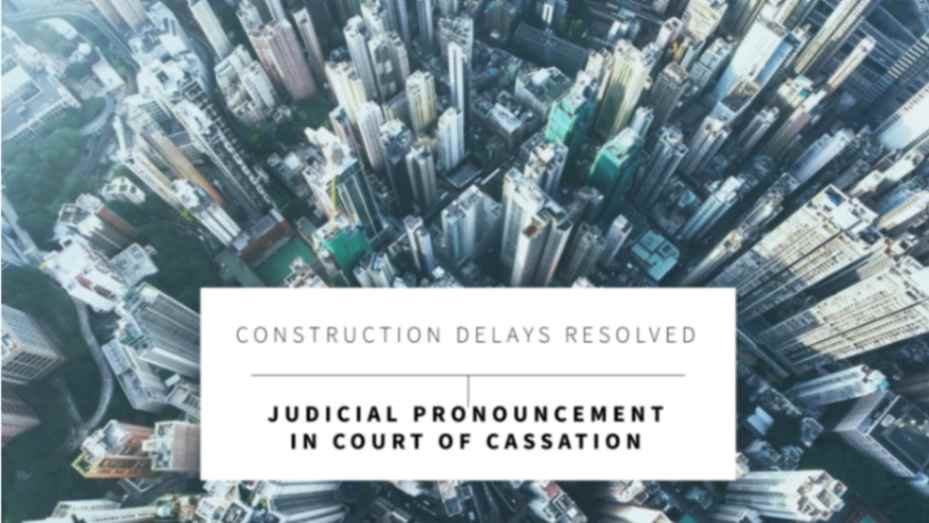
Ram Subramanian

Case No. 105 of 2013, Court of Cassation (Dubai)
The dispute at hand revolves around a construction project that suffered significant delays. The developer (the appellant) alleged that the delays were caused by factors beyond its control, including changes made by the principal developer and governmental inaction. The buyer (the respondent), on the other hand, contended that the developer’s negligence and failure to meet its fundamental obligations led to the delays.
The Court’s Reasoning
The Developer’s Obligations: The court embarked on a detailed analysis of the developer’s obligations under the contract and the relevant statutory provisions. It emphasized that the developer’s commitment was not confined to the explicit terms of the contract but extended to all that was necessary for the proper execution of the project, including obtaining necessary approvals and ensuring the readiness of the land.
The Developer’s Conduct: The court scrutinized the developer’s conduct, finding no credible evidence to support the claim that the delays were beyond its control. The absence of documents proving governmental interference or changes by the principal developer led the court to conclude that the developer was either negligent or in default of its obligations.
The Buyer’s Rights: The court also considered the buyer’s rights under the law, recognizing that the buyer was entitled to withhold payment if the developer failed to fulfill its corresponding obligations. The court’s reasoning was grounded in the principles of good faith and reciprocity that underpin contract law.
Analysis and Implications
The Importance of Documentation: This judgment underscores the critical importance of proper documentation in construction disputes. The developer’s failure to provide evidence of external factors leading to delays proved fatal to its case. Parties must be diligent in maintaining records that can substantiate their claims, particularly when alleging circumstances beyond their control.
The Interplay between Contractual and Statutory Obligations: The court’s interpretation of the developer’s obligations illustrates the complex interplay between contractual terms and statutory provisions. It serves as a reminder that parties must be mindful of not only the express terms of their agreements but also the broader legal framework within which they operate.
The Broader Context of Construction Disputes: The judgment also sheds light on the broader context of construction disputes arising from approval delays. It highlights the multifaceted nature of such disputes, encompassing not only legal and contractual issues but also practical considerations such as project readiness, governmental actions, and the conduct of various stakeholders.
Choose ADROIT as your Expert Advisor!
A-202 Oak Canopy, Trichy Road,
Coimbatore - 641 005,
Tamil Nadu, India.
Post Box 228, Postal Code 211,
Muscat - Oman.
This website has been designed only for the purposes of dissemination of basic information on ADROIT; information which is otherwise available on the internet, various public platforms and social media. Careful attention has been given to ensure that the information provided herein is accurate and up-to-date.
This website is not an attempt to advertise or solicit clients and does not seek to create or invite any lawyer-client relationship. The links provided on this website are to facilitate access to basic information on ADROIT, and, to share the various thought leadership initiatives undertaken by it. The content herein or on such links should not be construed as a legal reference or legal advice. Readers are advised not to act on any information contained herein or on the links and should refer to legal counsels and experts in their respective jurisdictions for further information and to determine its impact.
